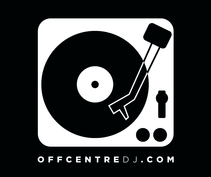|
What do you do to get loose? “Money please, I get loose off of orange juice” Sometimes all it takes is the summer sun to glare through the window at a certain angle and BOOOOM, you’re in the zone. But, what if there’s no sun! What are the challenges of tapping into the creative mind set? Some say inspiration just hits us. Like divine intervention, lighting strikes and the magic comes out. Other producers argue that as long as you’re putting the time and effort in on a regular basis you’ll learn and find the inspiration somewhere in that day to day beat making routine. However we look at, the key here is being able to put yourself in a position to access that part of the brain/heart/soul. So here are a couple of strategies for seasoned or beginner Electronic Music Producers alike that might help you get a little deeper. 1. Ask yourself a simple question. When the lighting does strike, am i ready to harness it? A few simple organizational parameters go a LOOOONG way. On those days that you’re not feeling terribly creative, what can you do besides curling up into the fetal position uncontrollably sobbing, whilst scrolling through Instagram. Well, how about set yourself up for the next time? Every session is connected. The lesson here is to be good to your future producer self! If you’re feeling lame do lame stuff. Reorganizing project files, deleting useless things, finding new drum sounds or synths, rewiring/tweaking your system. These are some examples of things that you can use that uninspired brain for. Now, if your studio gets too clean and too organized that might also be cause for concern! But that's another story. 2. Session goals. Keep it simple. If I’m thinking about laying down some drum patterns, don’t get sucked down the rabbit hole by trying to find the perfect compression settings for your kick. There’s a difference between creation and tweaking. Tweak some other time. If you can focus on one thing at a time, you’re more likely to finish songs. There are so many facets to learning how to be a good producer that if we try to do them all at once one of two things will happen: You’ll get confused, or you’ll go crazy. This goes for both beginner and experienced producers. 3. Time limits. Smart phones have timers. Use them. All the rage in the sports world is interval training. It has merits. I don’t believe that hardcore parameters are necessarily the best thing to promote creativity, but having no time limits or structure can also have adverse effects. Try giving yourself a set amount of time (i.e. 30mins) to accomplish a task. If you’re not done, that’s all good. Like I said earlier all sessions are connected. You’ll jump in where you left off next time. With time limits, most likely you’ll start making better use of your minutes and putting in a more concentrated effort than you would if you had a bottomless pit. ~ Erik Laar Have you ever heard of Ice Cube or Dr. Dre? What about the Beastie Boys, Aphex Twin or P. Diddy? If any of those names sound familiar, you’ve doubtless heard the Roland TR-808 Drum Machine more than once or twice. First launched as an affordable alternative to Roger Linn’s LM-1 Drum Computer in 1980, Roland’s TR-808 began it’s unlikely rise to success as a financial disaster. For all its merits, the 808’s deeply electronic sound garnered little interest among production enthusiasts of the day; even being priced at less than a quarter of the value of its competitor, Roland’s offering simply couldn’t compete in the larger market and was discontinued just three years after its release. This failure to launch, however, proved to be a great asset for the next generation of producers, who were suddenly able to pick it up on the cheap at their local pawn shop or electronics reseller. By the end of the decade, the venerable drum machine had formed the backbone of some of the most popular hip-hop, techno and electro tracks of the day, some of which you can check out here: http://flavorwire.com/433944/10-great-songs-built-around-the-808 So what makes the 808 so great, and so ubiquitous, even 30 years after it entered the market? Perhaps known most commonly for its booming, compact kick drum or its strikingly bizarre cowbell, there are sounds on the machine that are as iconic and revered as the machine itself. Yet at the end of the day, there is no single sound that makes the 808 special so much as the expansive palette of different sounds it brings to the table - not to mention the musical heritage that they’ve come to represent. From Afrika Bambaataa’s ‘Planet Rock’ to Marvin Gaye’s ‘Sexual Healing’, the 808 came at a crucial time in the evolution of music where electronic sounds left the experimental workshop and hit the airwaves for the first time. Anyone who’s ventured into music production since its inception has undoubtedly been struck by its familiar sound. So, it should come as no surprise that artists such as Diplo, Kanye West, 2 Chainz, and Zed’s Dead (to name a few) bring it back time and time again to produce that hard-hitting, analog beat associated with that era. Love it or hate it, there’s no escaping it - the mighty 808 has stood the test of time and is here to stay. By Oliver Herman
In recent years, there’s been a significant amount of controversy in the electronic music community about what qualifies as a live performance. These days there are several methods with which to perform that the preconceived notion of the ‘live’ performance is often left up in the air. Traditionally speaking, the process of performing live music has been quite simple - bring your sheet music, tune your instrument, and play. Regardless of whether or not the artist is performing solo or in a group, there is always an element of spontaneity - no matter the artist’s skill level, live performances can be full of mistakes and will never sound like the original studio material and it shouldn't have to. In a 2013 article from FACT magazine, artist Xavier Thomas aka ‘debruit’ said, “You have to be able to make mistakes to have a feeling of live-ness. And it's also presenting some sort of difference between your music in a live format as opposed to a recorded performance to people that might already know your work” (Fintoni). Before we continue, it's important to recognize the distinction between DJs and Producers. A DJ’s strength traditionally lies in engaging a live audience and witnessing their immediate reaction while working with their instruments, the turntable, mixer and crate of music. A producer also needs to work with their instruments in a studio environment with digital and or analog equipment to effectively convey an emotion or idea. Sometimes, Producers who are strong in the studio may lack the performance chops to rock a crowd. And on the flipside, seasoned DJs who can successfully mix for hours may lack the technical knowledge to produce. In these situations, those who are producers first may resort to pushing play on pre-recorded sets, and those who are DJs first may enlist the aid of a friendly neighbourhood ghost producer. Both are equally taboo topics which question the legitimacy of the artists skills. It’s sort of like realizing your favourite singer is lip-synching and the microphone they are holding is merely a prop, some singers will always perform better in the studio than they do onstage. The same can be said for the producer playing a pre-recorded set at the mainstage and the revered DJ who releases a song made by someone else. Without a transparent connection between the two sides, confusion is bound to develop as the actual product and the expectations communicated on behalf of the artist, the promoter, and or the venue cease to match up with one another. The essence of live music performance is that there should be a chance that things could go wrong, but it is the skill of the performer to bring it to new heights and keep it all from falling apart. Otherwise it's like just going to watch a movie. Sharing the experience in an environment with other people does have the potential to transform your relationship to the art, but that's just the equivalent of pressing play, and for many reasons we expect more from music. There will always be audiences who will appreciate the performer who walks the line with artistic integrity and there will be audiences who simply seek the thrill of dancing live to music regardless of the performer’s technical prowess. Both are fine, but as electronic music grows and audiences mature they will also inevitably become more aware of what is actually going on in the booth and/or on the stage. The room for error and genuine talent should come together in a way that compliments the audience's tastes so as not to set up some sort of false expectation whereby the artist can get away with pretending to perform. For those looking solely for a visceral experience perhaps the play button with some banging tracks, flashing lights, and fireworks will do. The performance, however, often informs the experience and this speaks to the classic dance floor notion of energy transfer between performer and audience and the question remains can that truly happen when it's a one way conversation? Citations: Fintoni, Laurent. "The Great Live Music Roundtable: Six Producers Debate the Future of Live Electronic Music." FACT Magazine. FACT Magazine, 31 Oct. 2013. Web. 19 Mar. 2016. On the upside: Being able to put an entire set together with no road blocks. There's obviously a lot more to putting together a successful set than just beat matching, but with Sync you can exercise your musical tastes and focus on programming. This puts the larger picture into perspective and removes the frustration of being stuck attempting to beat match just two or three tracks in a row. As a beat matching learning tool having a laptop in your set up can be a positive as long as you avoid the tempting sync button, and don't get caught glaring aimlessly into the screen! Music is obviously about the ears, but the graphic representation of the waveform allows for a fuller understanding of what's happening with your sound. When beats go off you can visually detect which one has pulled slightly forward or backward. Adjusting with a slight nudge or drag becomes much easier and soon enough you'll learn to drop the visual crutch and do it by ear. This potentially makes learning how to beat match quite a bit easier until you're ready to drop the training wheels. Until then, hitting the Sync button will avoid that painful train wreck. Definitely a good thing. On the downside: The temptation to skip learning one of the essential skills. The Sync button can end up creating a false sense of confidence, detachment, and sometimes complacency around the decks. According to historic DJ standards, beat matching two tracks qualifies you for the job. But if your mix stops with Syncing, that means the creative vision has been narrowed and your set will inevitably suffer. In this case technology has failed us. There are also some inherent limitations to Syncing or beat grid technology. With more consistent four to the floor production, beat mapping is quite accurate. Often times with more complex rhythms, however, the software is unable to accurately detect the tempo, or incorrectly places the beat grid. If something goes wrong with the Sync function and you're in a tight spot what do you do if you can't beat match!? The bottom line is that the Sync button won't make you a good DJ….or a bad one. It'll simply help with one of the most fundamental DJ tasks which is matching up two tempos. The Sync button will not select your tracks for you, it won't create seamless transitions, it won't magically allow you to change tempos mid set or create scratch routines on the fly. All of this takes creativity, practice, and an open mind. Sync is simply an automated function which is meant to open creative doors. There's definitely something to be said about DJs who can rock a multi dimensional vinyl set, but your DJ credibility doesn't depend on whether or not you choose to use the Sync button, it depends on what else you decide to do (or not to do) and how well you do it. If you want to find more about ways to use and/or not use the Sync button, or learn how to beat match the good old fashion way, here are some links to DJ courses that may interest you: TRAKTOR S4 - DJ LEVELS 1 - 4 - TURNTABLISM For years DJing and technology have had an important relationship. After all, there is no real acoustic version of turntables (besides maybe the gramophone). It's not something you pick up and play around the campfire. The advent of DJing fundamentally relies on the technology of electricity. To get a little more specific, the development of skills and styles in DJing influence and are influenced by changes in technology. Here are a few examples: - The switch from heavy, bulky shellac to thinner and lighter vinyl. Made rewinding, cueing, and general record manipulation a reality. - Technics releases the SL 1200 series turntable with direct drive motor and accurate pitch control - makes beat matching and cueing more precise, and scratching a possibility. - The addition of an adjustable crossfader contour made scratch techniques such as the "transform" and "stab" faster and techniques like the coveted "crab" possible. Within each of the above examples we see that artistic pursuits and technology inform each other. Sometimes technology leads and artistry follows or vice versa, but it's clear to see that in each stage of the evolution one has responded to the other in a way that made something possible, more precise, or easier to achieve. Enter the computer DJ setup. The digital revolution not only made it easier to buy and of course carry your music around, but software such as Traktor and Serato made it possible, with a decent rate of accuracy, to skip over one of the fundamental skills of DJing: Beat Matching. For a few decades, before you could play a live show as a respected DJ you had to spend weeks or months learning and perfecting the art of Beat Matching. Although potentially frustrating (as is learning any musical instrument), through this process you would inevitably learn to interact and engage with the music in meaningful ways. You'd have to focus on timing, counting, speed and accuracy, all of which are important foundations for learning more advanced DJing skills as well.
The purpose of technology has always been to make things faster, easier, and in general more streamlined. In most cases this has improved a skill set allowing for more innovation and development of other skills that may have otherwise been held back from the inherent limits of simplistic gear. Now, these inherent technological limits can also create a beautiful frame for creativity, but that's another story. The purpose of Sync was/is much the same. It was invented so that the labour intensive process of keeping tempos of two, three, or even four tracks locked easier. This would free up time for DJs to move on to more creative pursuits like EQing, FX, chopping, scratching, and focussing on the crowd (or in many cases just getting absolutely shit faced). For experienced DJs this is great. If you don't feel like spending your creative time or energy beat matching it frees up time in the live scenario to work on other kinds of transition techniques, multiple decks, and maybe going as far as programming live remix sets. As a new DJ, this can have several positive and/or negative outcomes. On Sunday October 26th we made our way to a fresh new spot called The King's Landing Barber Shoppe for an event called Skratcher. It was launched by our mate Paul Skratch out in Vancouver with a Toronto edition organized by legendary TO crew Turntable Monkz. Inside the venue, which fit the bill perfectly, was a gathering of some serious turntable manipulators including world champion DJ's Dopey (2003 DMC World Champion), Vekked (2012 DMC World Supremacy Champ, 2012 + 2013 IDA World Champ, 5x Canadian Champ) and members of the Turnstyles crew. Off Centre extended fam Veteran and DJ Stutter were also throwing down some serious chops. We were definitely happy to see a full house of OG and budding turntablists networking, connecting, and having a blast around the turntables.
Interested in getting your scratch game up? Check out our Turntablism program HERE. One of our favourite record shops has moved, merging two prime locations - Bathurst and Bloor in the iconic and soon to be
gone Honest Ed's building and the cosy Kensington Market shop into one space nestled in the busy and what we call the second centre of Toronto, Spadina and Queen area. We were told that the move was prompted by an up coming end of lease at the Bloor/Bathurst location. There is still quite a bit off work to be done before the new spot gets into full swing, but from what we've seen so far it's gonna be quite the sexy location to go record hunting. Definitely glad they're still around and with a rise globally in vinyl record sales they should be around for a good while. Btw they've got dollar bins! Up and coming producers go get your hands dirty. Sonic Boom is now located at 215 Spadina Ave. Open from 10am to 12am!! http://sonicboommusic.com/ Off Centre instructor Cheldon Paterson (SlowPitch) takes the turntable to uncharted territories Sunday October 12th at the Musideum in Toronto. "The highly cinematic journey will consist of organic sounds, uniquely created by using the turntable as an instrument. The music is further brought to life by numerous filters and effects in tandem with Paterson's hypnotic tribal rhythms." Find out more HERE! For a closer look and study of the world of turntablism we cover everything from fundamental "golden era scratches" to more advanced, musical and experimental turntable manipulation. We offer courses that will satisfy your curiosity and help you get your creativity and execution to the next level. Read more about our turntablism programs HERE. |
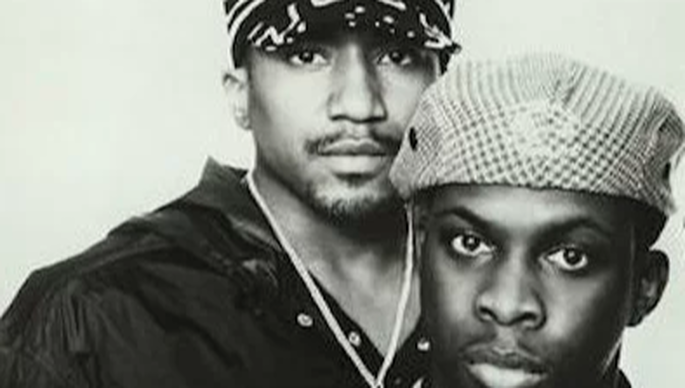


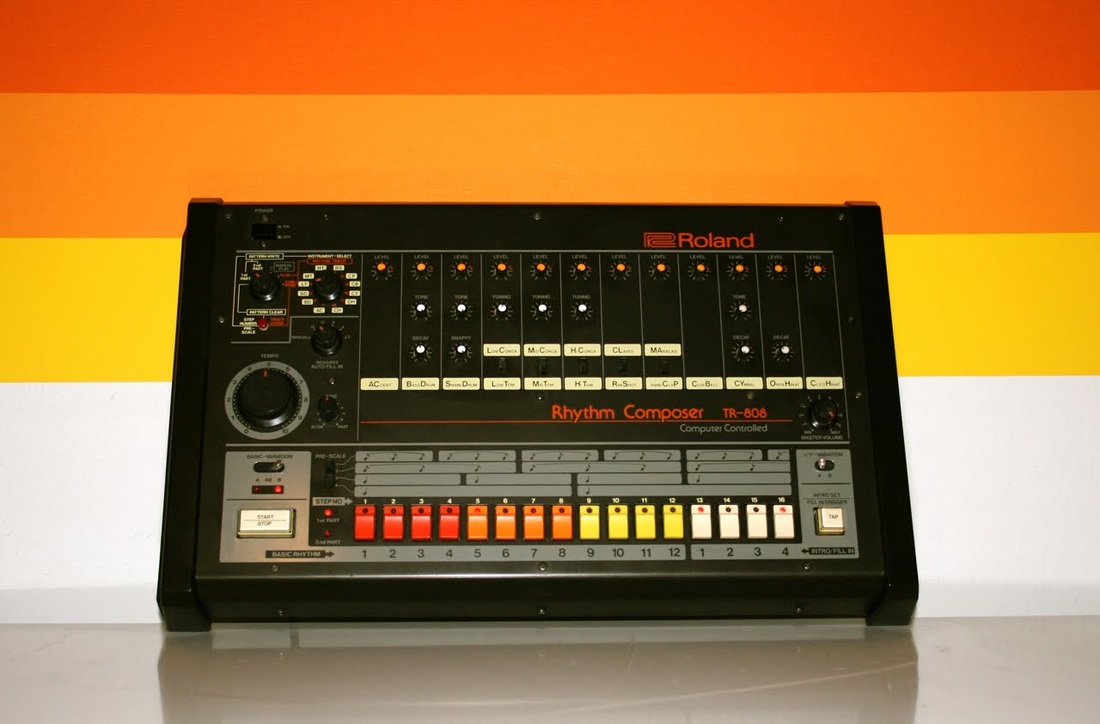
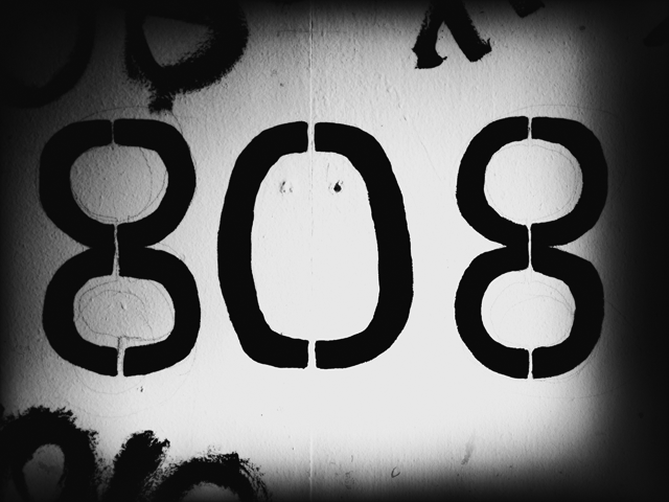
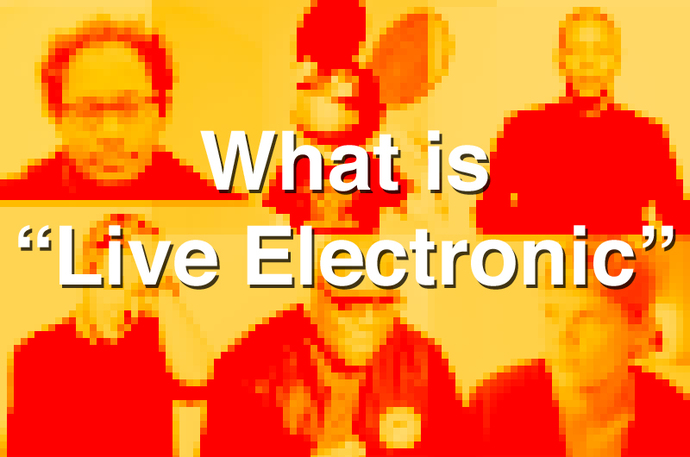

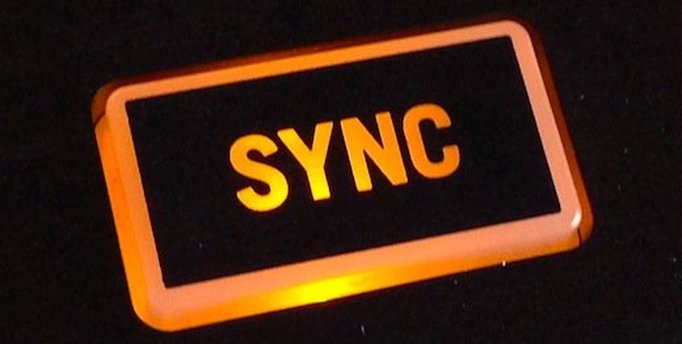
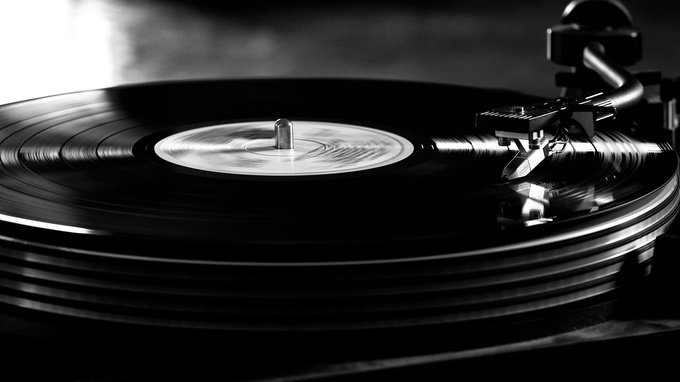
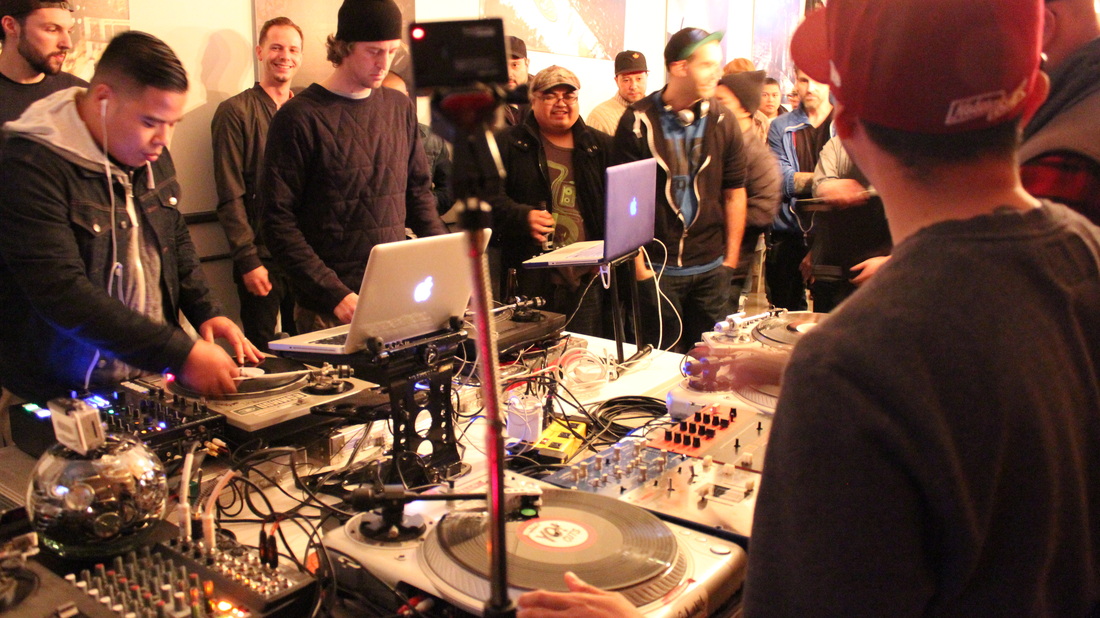
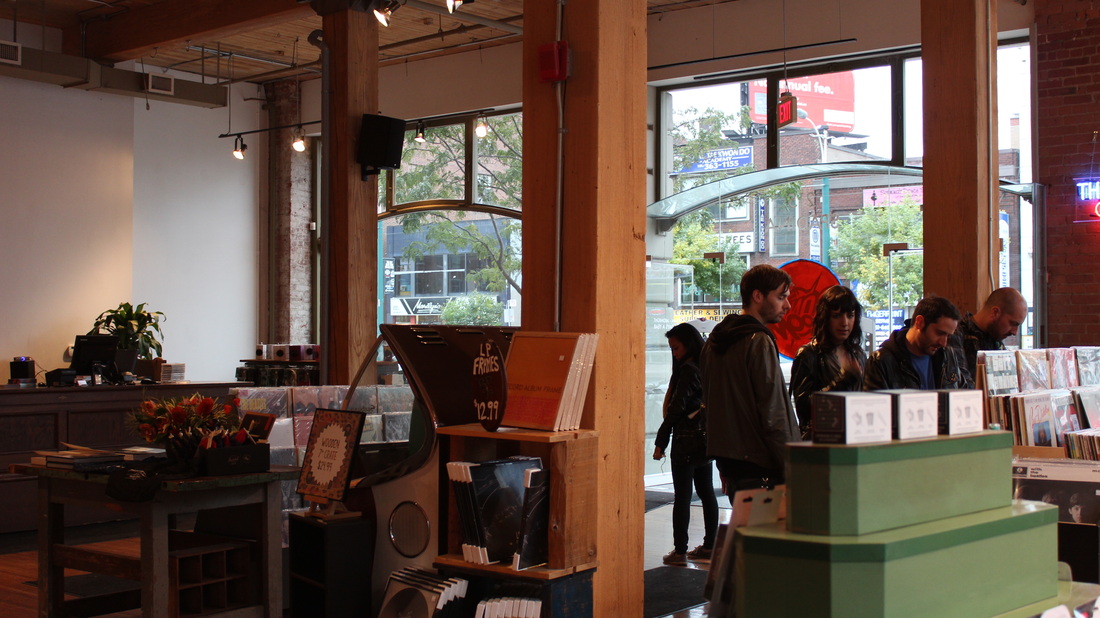
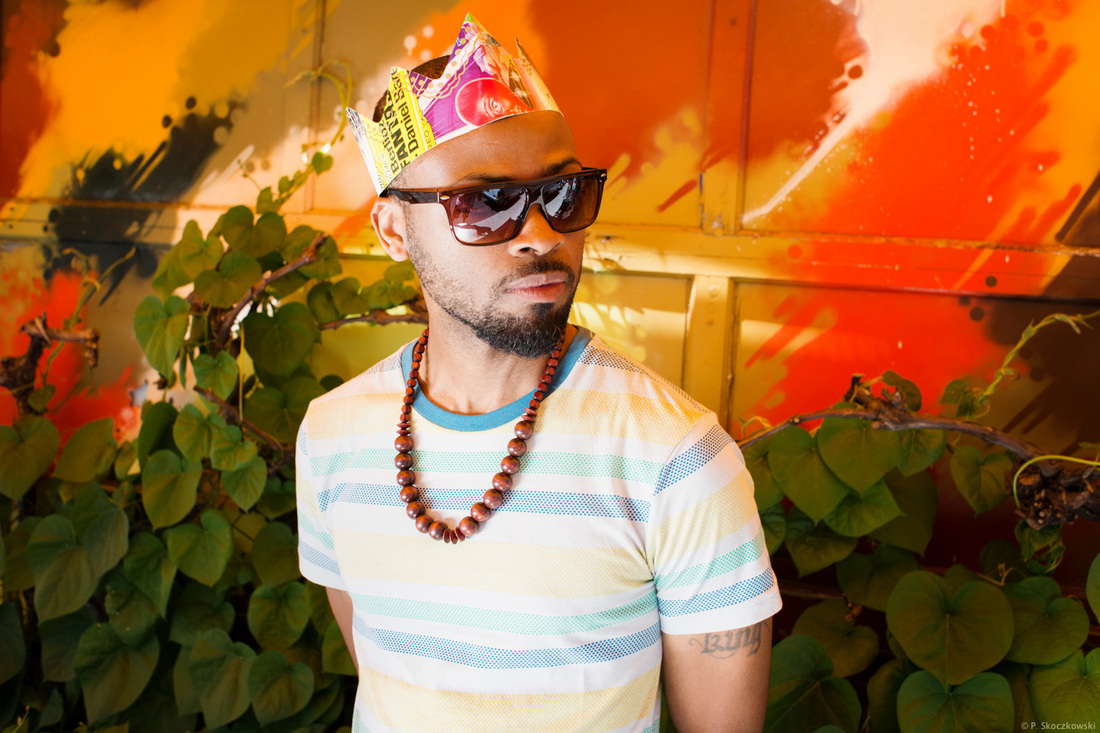
 RSS Feed
RSS Feed
